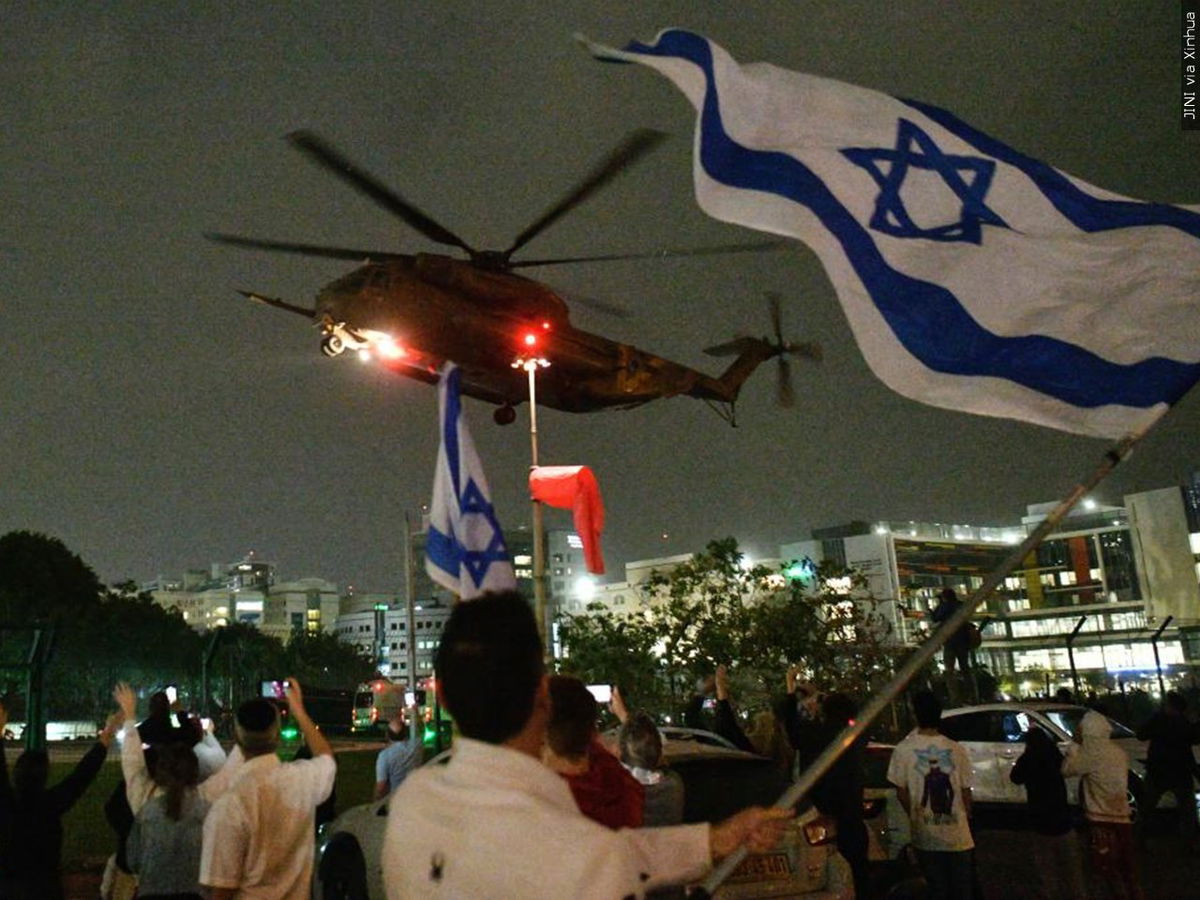In a significant escalation of tensions, Hamas announced on Monday that it is delaying the next scheduled release of Israeli hostages, citing alleged Israeli breaches of the ongoing ceasefire agreement. This development threatens the fragile truce that has been in place for the past three weeks.
Hamas spokesperson Abu Obeida stated that the postponement will remain until Israel compensates for purported violations of the truce. The group accuses Israel of hindering the entry of essential shelter supplies into the Gaza Strip, a claim that has intensified disputes between the two parties.
In response, Israeli Defense Minister Israel Katz condemned Hamas's decision, labeling it a "complete violation" of the ceasefire terms. He has instructed the Israel Defense Forces (IDF) to prepare for potential conflict, signaling a possible escalation if the situation remains unresolved.
The ceasefire, effective since January 19, was designed to facilitate the release of hostages and the exchange of prisoners. To date, Hamas has released 21 hostages, with plans to free 12 more over the next three weeks. However, this recent announcement casts doubt on the continuation of these releases and the overall stability of the truce.
The Hostages and Missing Families Forum, representing the families of those still held in Gaza, is actively seeking to salvage the agreement. They emphasize the urgency of rescuing all hostages and are calling on both parties to uphold their commitments under the ceasefire.
This development occurs amid heightened international tensions, particularly following controversial remarks by U.S. President Donald Trump regarding the future of Gaza. His proposal to relocate Gazans to neighboring countries has been met with widespread condemnation and has further complicated the delicate situation.
As both sides exchange accusations of violating the ceasefire, the international community watches closely, urging restraint and a return to negotiations to prevent a resurgence of violence in the region.


